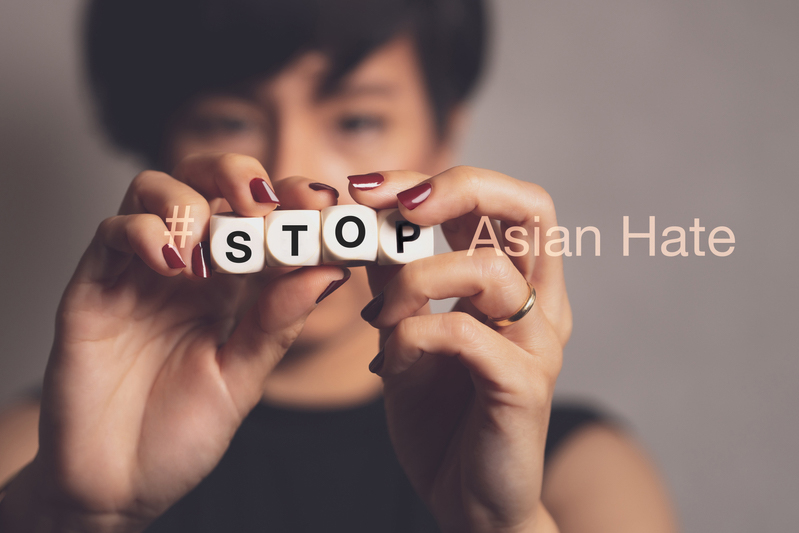In 1992, Yoshihiro Hattori, a 16-year-old exchange student in Baton Rouge, was heading to a Halloween party with a friend. They went to the wrong house. Hattori, or “Yoshi,” was dressed in a white suit – he was going as John Travolta in Saturday Night Fever – and holding a camera. After some confusion, the owner of the house, Rodney Peairs, opened the door holding a gun. He shot and killed Hattori, and was later acquitted after a three-hour jury deliberation.
The tragedy could be construed as nothing more than that, a tragedy, a fatal accident. Evidently Peairs thought Hattori to be an intruder. But, inevitably, the case also became about a clash of cultures, revolving primarily around America’s gun culture. And the language in the court proceedings was eerily racialized. Hattori was described as “out of control…a hyperactive Japanese exchange student who thought his job was to scare people.” Peairs’ wife testified that the boy’s appearance and his statement, “We’re here for the party,” scared her.
Crime Against Asians on the Rise in America
In March 2021, a 21-year-old gunman, Robert Aaron Long, killed eight people at three massage parlors in the Atlanta, Georgia area.
Hate crimes against Asians and Asian Americans in 16 of America’s biggest cities surged by 149 percent last year. The wave of xenophobic discrimination and assaults seem to have a connection with the anti-Asian slogans of former President Donald Trump, who used the term “Chinese virus” often and deliberately to describe the ongoing Covid-19 pandemic. (We think of his speaker notes from a March 2020 press briefing; “Corona” had been crossed out and replaced by “Chinese.”) Indeed, there is a verifiable link between his caustic remarks and anti-Asian sentiment on Twitter. While the Atlanta shooting, coupled with this spike, shook the Asian American community and further confirmed fears exacerbated by the pandemic, racially motivated violence is no new phenomenon. Peairs’ smooth acquittal came long before the popularization of the “China virus” vocabulary.
There is Vincent Chin’s violent death in Detroit, at a time of anti-Asian sentiment with the decline of the auto industry; an elementary school shooting in Cleveland of which tens of Southeast Asian children were victim, five fatally so; Kuan Chung Kao’s death at the hands of police; more recently, the targeting of a Sikh temple by a professed white supremacist gunman.
The Atlanta shooting, and the official response, are especially terrifying when they follow the tail of decades – near centuries – of violence. We see efforts to deracialize such events as if the perpetrators’ motives were totally divorced from how they perceive their victims. Especially the more recent tragedies that have not yet amassed the weight and clearer historical vision afforded by time. Even the killing spree in Atlanta, one of the worst in recent years, with three Asian-owned businesses as the targets, was famously mischaracterized by the Cherokee County, Georgia sheriff spokesman, who stated that the shooter was having a “bad day” that day. Later it was found that the spokesman, a Captain Jay Baker, had posted photos on his Facebook (before the attack) promoting T-shirts that read, “Covid 19: IMPORTED VIRUS FROM CHY-NA.”
Racism Towards Asians is Not a New Trend in the US
Similarly the FBI director initially assessed that the shooting may not have constituted a hate crime, despite the shooter’s own appraisal of the spas as “a temptation for him that he wanted to eliminate,” citing his sexual addiction. (But to Long also this venture was not racially motivated.) The statement expanded the conversation about the hypersexualization of Asian women and negative attitudes towards migrant labor, immigrant-run massage parlors specifically. Renee Tajima-Peña, who directed a documentary on Vincent Chin’s case, noted that Asian women are often subject to tropes of “dragon woman” (evil, conniving, sexual) or “lotus blossom” (submissive, delicate). Apparently these ideas do not only cause deep discomfort and fear for women in public spaces, but can also be life-threatening. Yang Song was a migrant massage parlor employee in Queens who died in a 2017 NYPD sting operation, after a series of violent and predatory encounters with the police. Activists have reminded that sex work at massage parlors do not necessarily involve human trafficking, and that such businesses often serve as spaces of care for various immigrant communities and laborers.
Anti-Asian abuse in the US is varied and complex. Without minimizing the harm of Trump’s descriptors, it is important to acknowledge that the racist slogans and stereotypes are not particular to the pandemic. That kind of language has trailed people of Asian descent in the United States ever since there were Asians in the United States. And events, both long past and bitterly recent, have shown that stereotypes surrounding the virus and sex workers, say, are not just language. They permeate the law enforcement and criminal justice systems: descriptions in court of Yoshi Hattori’s movements as “kinetic,” “antsy” and “scary”; how Vincent Chin’s killers got off with a probation and fine; Yang Song’s assault by a police officer, and the increasing vice stings in New York’s immigrant neighborhoods; the attribution of a targeted massacre to a sex addiction.
The treatment of hate crimes and racial violence oscillates between such racially charged language and attitudes, and attempts to take race, ethnicity and class out of the picture. But there seems to have been some recognition that treating instances like Atlanta as individual tragedies, or solely as a gun control or mental health issue, is unproductive. US Senator Mazie Hirono and Representative Grace Meng recently introduced legislation in response to the increasing abuse against Asian Americans. The bill would designate a worker from the Department of Justice to review hate crimes related to Covid-19, as well as expand public reporting of these crimes, which includes making online reporting processes available in multiple languages.
The bill could possibly go to vote this week. The country continues to reel.
Feature image: Shutterstock









